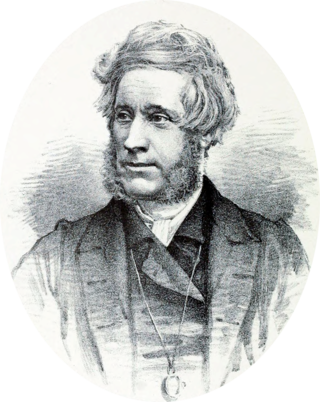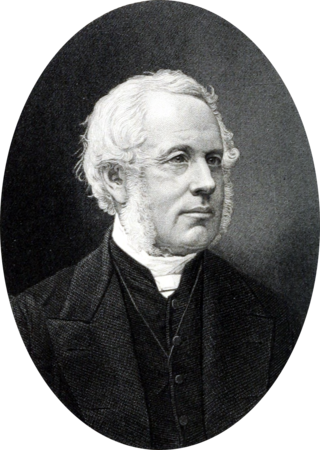History


Oliver and Boyd was founded in Edinburgh by two partners: Thomas Oliver (1775–1853) [3] and George Boyd (died 1843). The exact foundation year is not known but is believed to have been either 1807 or 1808. [4]
The firm operated from the 1820s until the 1970s at the same address in Tweeddale Court, [5] near the Royal Mile in Edinburgh [4] (the old "Oliver and Boyd" sign remains above the front door of the Tweeddale Court building to this day). [5] It was one of the "auld" firms to survive in the area after the crash of 1825–26. [2]
By the 1830s, the firm was not only publishing but also printing and bookbinding under the same roof at Tweeddale Court, an innovative practice for Edinburgh in that period. [4] By 1836, the firm carried out printing there on a "massive scale". Prior to Oliver & Boyd, printing and publishing in Scotland had been a cottage industry with the printing done on wooden presses and it was only in 1800 that the iron press had been invented. [6] [7]
In the years 1811–1841, Oliver and Boyd issued a number of catalogues for the firm's juvenile books "selling from a halfpenny upwards" [3] and also printed and published "abridged histories in fancy covers and songbooks". [1]
When Thomas Oliver retired and George Boyd died in 1843, the firm remained under family control with George's nephew Thomas Jamieson Boyd [8] being appointed as managing partner in 1843 and then acting as senior partner from 1869 to 1894. [2] In this period the firm gained a reputation in the fields of education [9] [10] and medical textbook publishing and had a strong presence in the British colonial markets. [1] [2] When Benjamin Disraeli visited the firm in 1885 he found the firm did 'everything but making paper'. They were printers, publishers and binders. [11]
In 1896, Oliver and Boyd was taken over by three "well-established" [2] Edinburgh booksellers, George and James Thin and John Grant. [7] [1]
During the 20th century, the firm maintained its reputation as "educational and general publishers of high standing". [12]
In 1962, the firm was acquired by the Financial Times group and, later, Longmans acquired its publishing operations. [7] [1] In 1984, a public library known as the Scottish Poetry Library was set up in what had previously been a storage area of Oliver and Boyd's Tweeddale Court offices. [13] Oliver and Boyd ceased operations in 1990.











